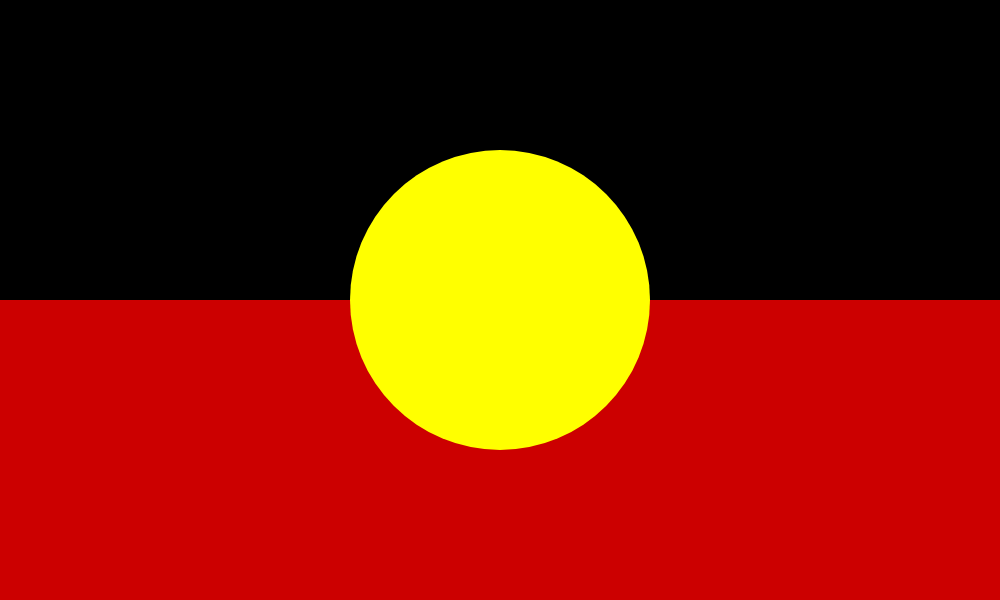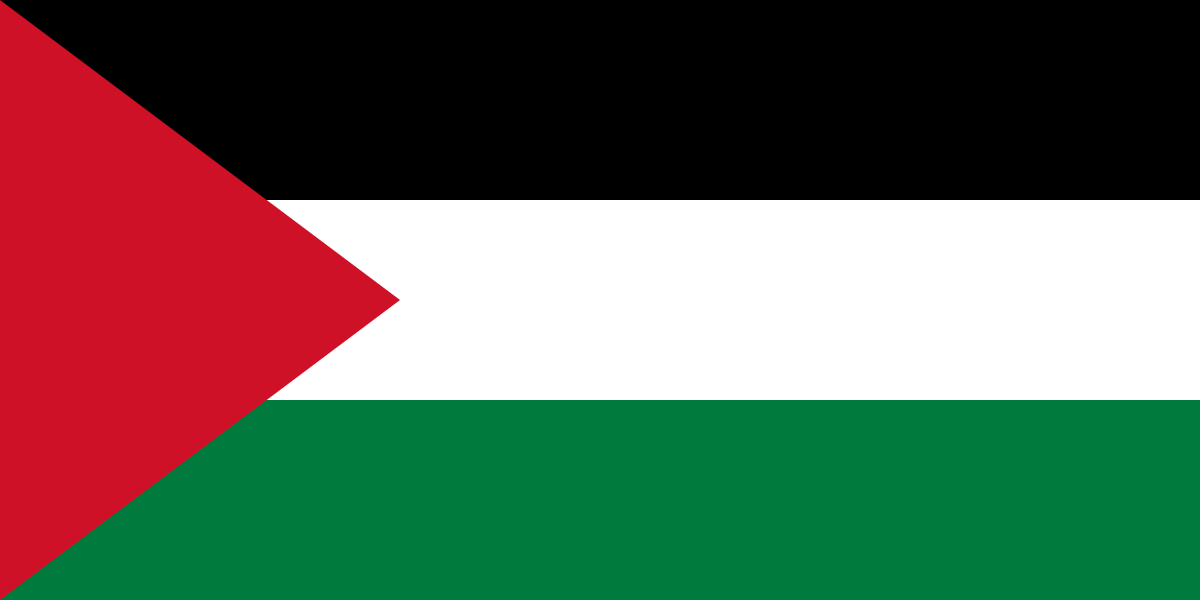by Monica Evans
- Over the past decade, several Māori iwi (tribes) in Aotearoa New Zealand have made history and fetched international recognition by gaining “legal personhood” status for natural features, including a forest (Te Urewera), a river (Te Awa Tupua), a mountain (Taranaki) and recently, whales and dolphins.
- The move has been mirrored by Indigenous groups and others around the world seeking to boost protections for critical landscapes and natural entities.
- Recognition of legal personhood is seen by some as a reconciliation tool, which can help to undo some of the harm caused by the colonial alienation from the natural world.
- Yet questions remain for Māori, and many other commentators, about the extent to which such a legal instrument can enact meaningful change within a capitalist system, and whether or not such efforts serve to distract from, or contribute to, deeper transformation.
RAGLAN, Aotearoa New Zealand — The wide, steep-cliffed Whanganui River ferries spring water and snowmelt from Mount Tongariro to the west coast of Aotearoa New Zealand’s North Island. Tracing its length by waka (Māori canoe), the steady surge of deep-green, mist-trimmed freshwater invokes a powerful presence.
For local iwi (Māori tribes), that presence is especially significant: Whanganui River is considered a literal, sentient ancestor who can be spoken and listened to. Damage to the watershed, such as pollution from agriculture and forestry and the construction of hydropower dams, thus has cultural and spiritual implications as well as environmental ones.
In 2017, the Whanganui watershed — termed Te Awa Tupua — made history as the first river to gain the rights of legal personhood, granting it formal recognition as a “spiritual and physical entity” that can be represented in a court of law.
Since then, there has been a flurry of attempts around the world — many of them successful — to grant rivers, mountains, forests and animals the status of a “legal person.”
Some Indigenous people welcome the phenomenon as a step toward a legal system that’s more aligned with, and hopefully more likely to effectively represent, their values and worldviews. Others, both Indigenous and non-Indigenous, see it as an odd sort of strategy for shifting how people relate to the natural world. But, says University of Canterbury legal scholar Rachael Evans, who affiliates with the Ngāti Tama and Ngāti Pamoana iwi, perhaps even stranger is the worldview we’ve used to manage natural resources in colonial systems to date.

